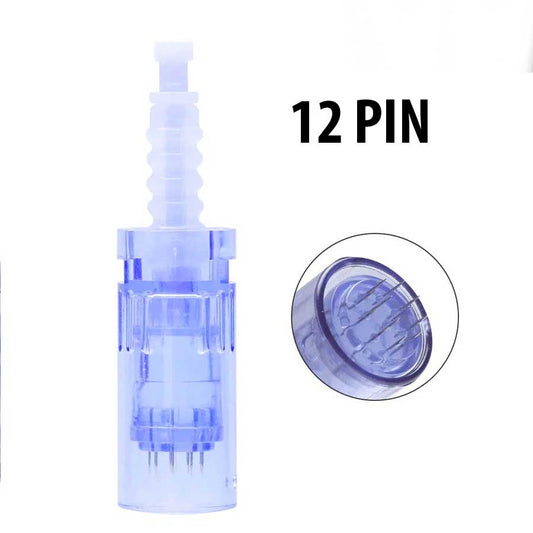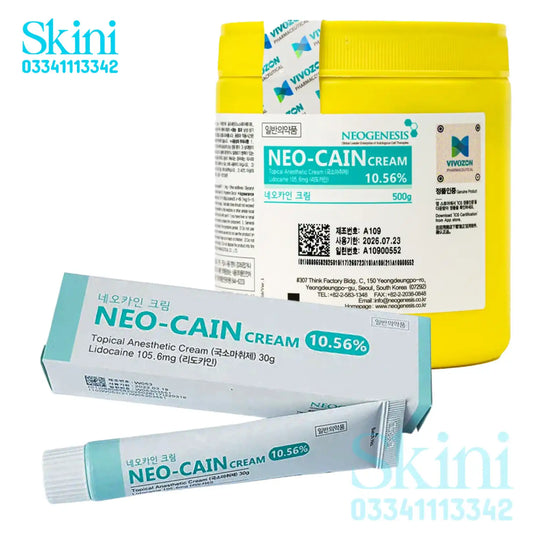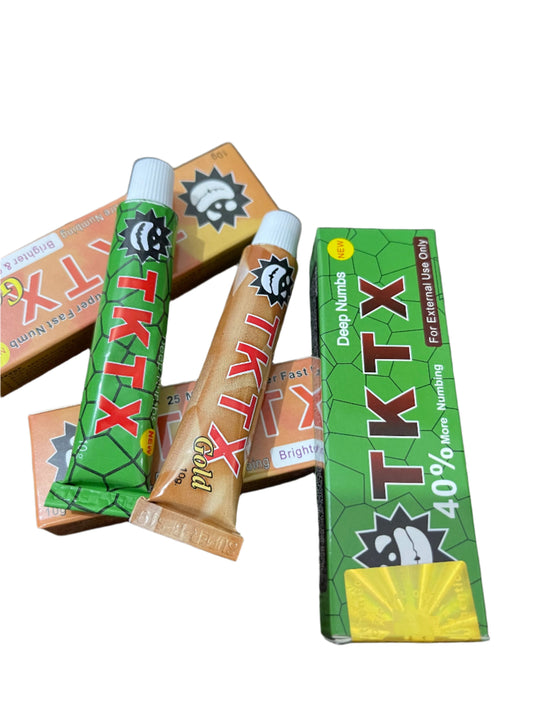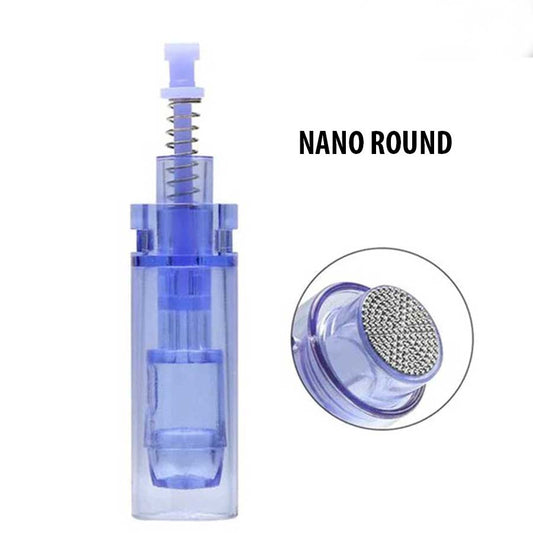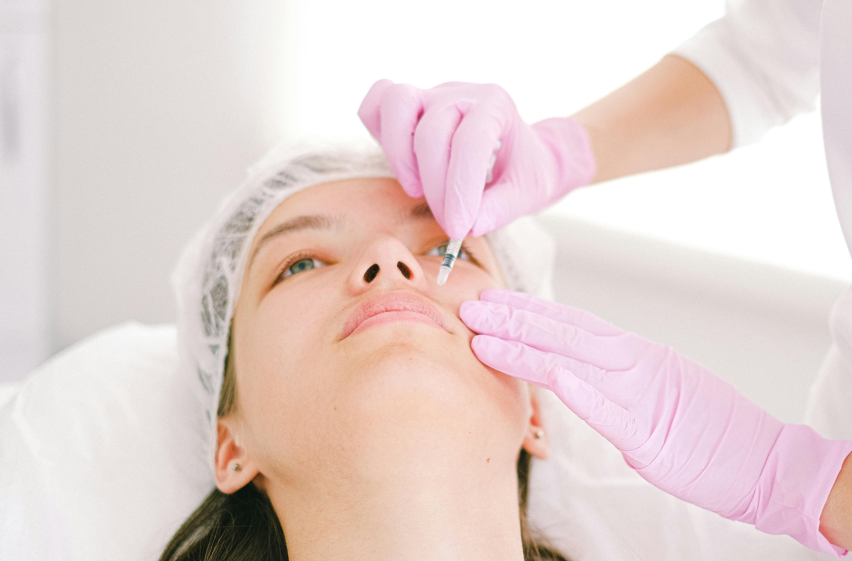
Whitening Injections: Benefits, Side Effects, and Considerations
Whitening Injections: Benefits, Side Effects, and Considerations
Whitening injections have surged in popularity, particularly in regions where lighter skin tones are associated with beauty and status. These injections aim to reduce melanin—the pigment responsible for skin color—ultimately offering a brighter, more even complexion. In this guide, we will explore the benefits, side effects, considerations, and alternatives to whitening injections, providing valuable insights for anyone considering this treatment.
What Are Whitening Injections?
Whitening injections, commonly referred to as skin lightening or lightening injections, typically contain a combination of substances designed to reduce melanin production in the skin. The most popular ingredients found in these injections include glutathione, vitamin C, tranexamic acid, among others. The appeal of these injections is tied to cultural perceptions of beauty, where fair skin is often seen as desirable.
How Do Whitening Injections Work?
Whitening injections work by interfering with the melanin production process in the body. Melanin is produced by specialized cells called melanocytes, which are influenced by various factors, including UV exposure and hormonal changes. By inhibiting the activity of these cells, whitening injections can potentially lead to a lighter skin tone.
Benefits of Whitening Injections
While the primary purpose of whitening injections is to lighten skin tone, users report a variety of additional benefits:
|
Benefit |
Description |
|
Improved Skin Tone |
Whitens the skin, evening out dark spots, freckles, and hyperpigmentation. |
|
Brighter Skin |
Provides radiant skin, creating a youthful glow. |
|
Reduced Acne |
May help reduce inflammation associated with acne, leading to fewer breakouts. |
|
Antioxidant Effects |
Ingredients like glutathione offer protection against free radicals, contributing to healthier skin. |
|
Boosted Confidence |
Achieving the desired skin tone can enhance self-esteem and promote a positive body image. |
Side Effects of Whitening Injections
While there are numerous stated benefits, it's essential to approach whitening injections with caution due to potential side effects. Awareness can empower individuals to make informed choices.
|
Side Effect |
Description |
|
Skin Irritation |
Temporary redness, swelling, or pain may occur at the injection site. |
|
Allergic Reactions |
Some may experience itching, hives, or breathing difficulties due to ingredient sensitivities. |
|
Skin Discoloration |
Rarely, excessive whitening can lead to uneven pigmentation or a grayish tone. |
|
Kidney Damage |
Long-term use of certain high-dose agents can potentially lead to kidney issues. |
|
Liver Damage |
Toxicity from prolonged use of substances like hydroquinone could harm liver function. |
|
Increased Sun Sensitivity |
Lightened skin may become more susceptible to sun exposure, raising the risk of sunburn and premature aging. |
Important Considerations Before Choosing Whitening Injections
Before proceeding with any skin treatment, particularly injections, there are crucial points to consider:
1. Consult a Dermatologist
Always seek professional guidance from a qualified dermatologist to discuss your specific needs and health conditions.
2. Choose a Reputable Provider
It is essential to ensure the procedures are carried out in a sterile environment by licensed
professionals to minimize risks.
3. Understand the Risks
Be fully informed with a clear understanding of potential side effects, ensuring you are prepared for what lies ahead.
4. Set Realistic Expectations
Recognize that whitening injections may not provide dramatic results for everyone. Understand what can realistically be achieved based on your skin type and condition.
5. Explore Alternative Options
Incorporating healthy skin care practices, such as using sunscreen and adopting a nourishing skincare routine, can substantially improve skin health without the use of injections.
Additional Alternatives to Consider
If whitening injections aren’t for you, there are various alternatives that promote a lighter skin tone while improving overall skin health:
- Topical Treatments: Creams containing hydroquinone, kojic acid, or vitamin C can assist in achieving a lighter complexion without injections.
- Chemical Peels: These treatments help exfoliate the skin, reducing dark spots and promoting a more even skin tone.
- Laser Treatments: Various lasers target pigmentation, improving skin tone without the need for injections.
- Natural Remedies: Some may choose to explore natural ingredients known for brightening properties, like turmeric, licorice extract, or lemon juice, though effectiveness varies.
Conclusion
Whitening injections can offer a delightful path towards achieving a lighter complexion, along with several additional benefits. However, with benefits come responsibilities; it’s crucial to weigh the potential side effects and consult with professionals prior to making decisions.
By emphasizing education, awareness, and positivity, individuals can make informed choices that align with their beauty goals while ensuring their overall skin health remains a priority.






